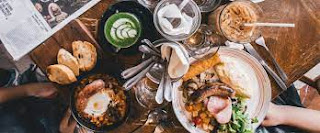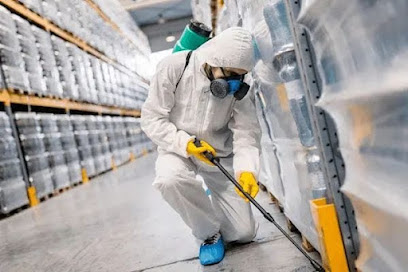WHAT IS SPECIALTY COFFEE
COFFEE GRADING
Coffee Shop in Temple Bar is rated using cupping and visual inspection. A 350g sample of green coffee beans is used for visual assessment, and faulty beans are counted. Beans that are broken or that are dark or sour are examples of primary defects. Coffee must have no Primary faults and less than five Secondary problems to be considered "specialty."
By roasting the coffee and just using hot water to brew it, cupping depends on the taster's ability to rate each of the coffee's characteristics, including acidity, body, flavor, and aroma.
GROWING REGIONS
With a few exceptions, most nations cultivating commercial coffee also produce a limited amount of Speciality Coffee in Temple Bar. Specialty coffee is associated with nations like Ethiopia, Kenya, and Colombia, but many lesser-known nations are competing to produce some of the best coffee in the world. For instance, due to its tiny size and the influence of two nearby oceans, Panama has recently gained recognition for its highly educated farmers, emphasis on improved biodiversity, and various unique microclimates.
GROWTH OF SPECIALTY COFFEE
As specialty businesses like Stumptown and Blue Bottle become as well-known as their more commercial rivals, specialty coffee is becoming more widely available in the USA. According to a recent analysis by Allegra, the specialty coffee market in the UK is expected to increase by 13% annually, outpacing the overall coffee market's forecasted 10% growth. High street chains like Starbucks and Costa continue to release limited edition single-origin coffees in sharp contrast to their super-dark roasts or high robusta-content blends due to specialty coffees' rising popularity.




Comments
Post a Comment